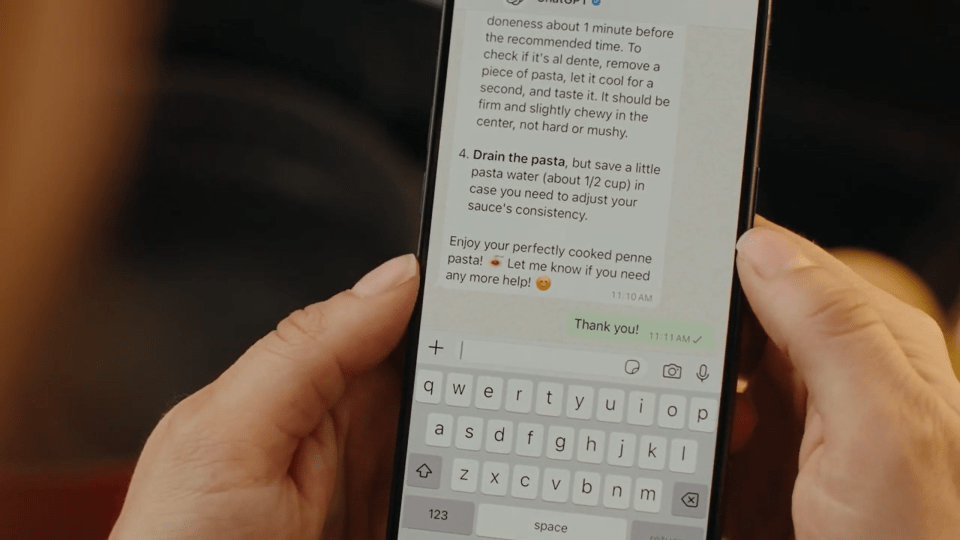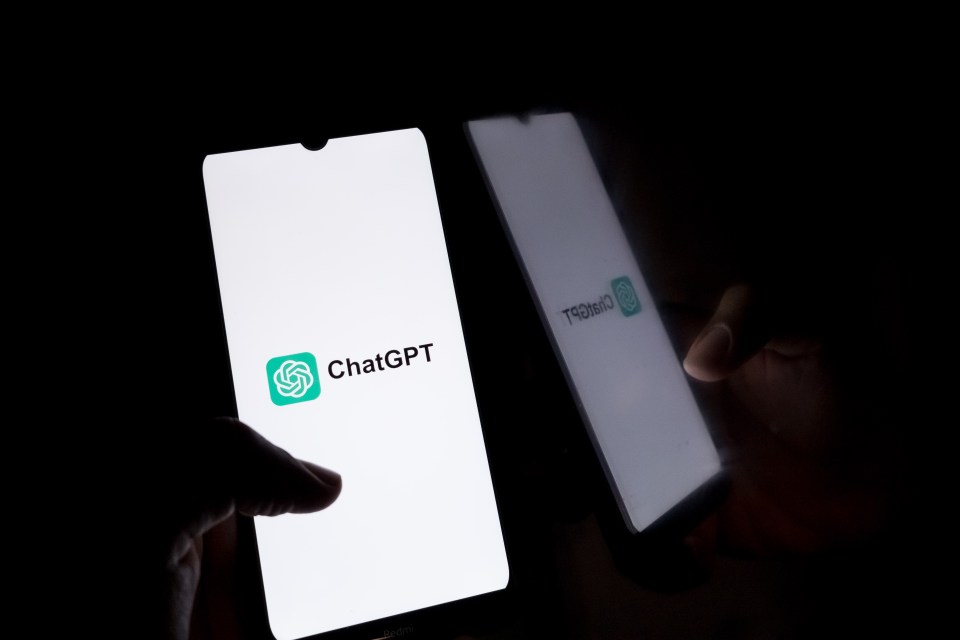
New Integration Sparks Mixed Reactions
WhatsApp has launched a new feature allowing users to chat directly with ChatGPT, the popular AI tool developed by OpenAI. However, the initial response has not been overwhelmingly positive. Many users have taken to social media to express their disappointment, labelling the integration as “outdated.”
How to Access ChatGPT on WhatsApp
To start messaging ChatGPT, users simply need to add the number 1-800-242-8478 to their contacts. This feature allows users to ask a variety of questions, from seeking advice on creative writing to planning projects or discussing general topics like news and hobbies. OpenAI has stated that this integration aims to provide access to high-speed data, which can be challenging and costly for some users.
Outdated Information Raises Concerns
Despite the convenience, users have quickly pointed out a significant limitation: ChatGPT’s data source is cut off as of January 2022. This means that the AI lacks knowledge of any events or developments that have occurred in the nearly three years since. One frustrated user on social media remarked, “ChatGPT on WhatsApp runs on a model nearly three years outdated, missing almost three years of knowledge. What’s the point?”
Users Suggest Alternatives
Others echoed similar sentiments, suggesting that users would be better off using Meta AI instead, as it offers more up-to-date information and supports media sharing. The general consensus is that the current version of ChatGPT on WhatsApp may not meet the expectations of those looking for a robust AI experience.

OpenAI’s Experimental Approach
OpenAI has referred to this WhatsApp feature as “experimental,” indicating that the availability and limitations may change over time. For users seeking a more comprehensive experience, the company recommends using the main ChatGPT service. Furthermore, for those in the US, there is an option to call ChatGPT at 1-800-CHATGPT, although this service is limited to 15 minutes of use per month.
AI Safety: A Growing Concern
As AI technology continues to evolve, concerns about its safety and potential for misuse are becoming increasingly relevant. Experts warn that, despite advancements in making AI systems safer, the risk of scams and misinformation persists. The responsibility to navigate this new landscape falls on users, who must remain vigilant against AI-powered cons.
Staying Safe in the Age of AI
Sean Keach, Head of Technology and Science, emphasises the importance of being cautious. “AI is here to stay, and while tech companies are working to improve safety measures, nothing is foolproof,” he states. Here are some tips to help users stay safe:
- If an offer seems too good to be true, it probably is.
- Don’t rush into decisions, especially those involving money.
- Establish a safe word with friends and family to verify identities.
- Be cautious with unsolicited links; always navigate to websites manually.
- Never share sensitive information unless you are completely sure of the recipient’s identity.
- Be wary of requests for payment via gift cards, as these are often signs of scams.
A Cautious Outlook
As users adapt to the integration of AI into everyday communication platforms, it’s clear that there is still much to consider regarding functionality and safety. While the WhatsApp ChatGPT feature may provide a glimpse into the future of AI interaction, the current limitations have left many users wanting more. As technology continues to evolve, staying informed and cautious will be paramount in navigating this new digital terrain.

Create Engaging Travel Guides Effortlessly
Crafting a travel guide can be time-consuming and challenging. With BookMasher, you can produce engaging travel guides quickly and efficiently. Our AI technology helps you gather necessary information and organize it in a reader-friendly format. Don't let the complexity of travel writing hold you back; check out bookmasher.com for a seamless writing experience!






